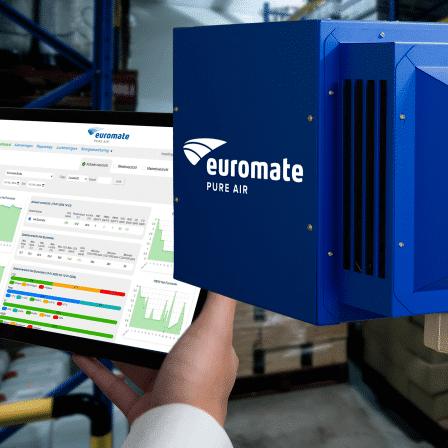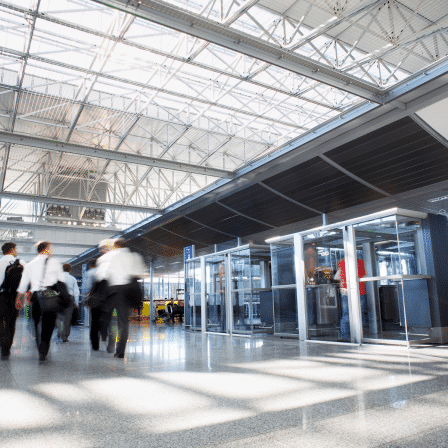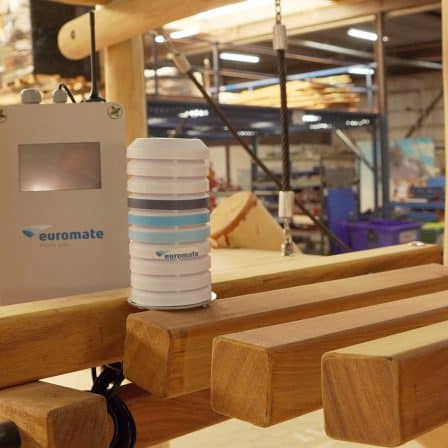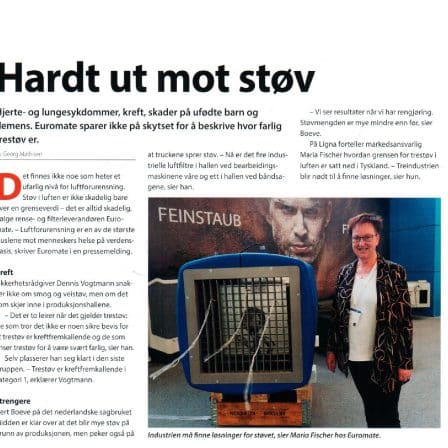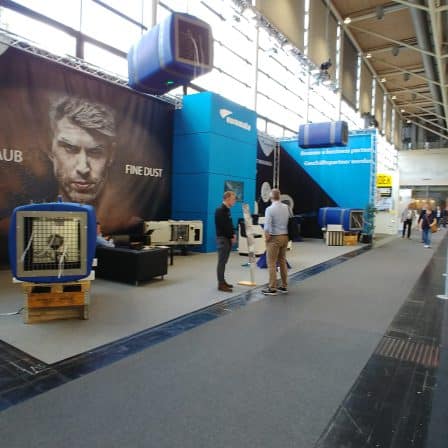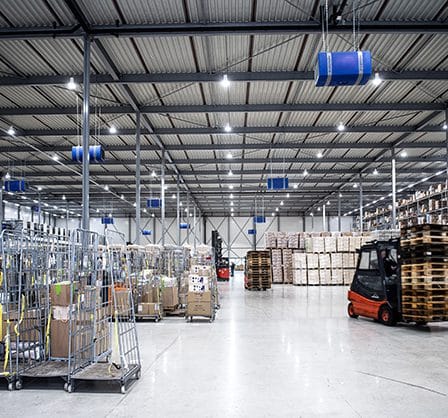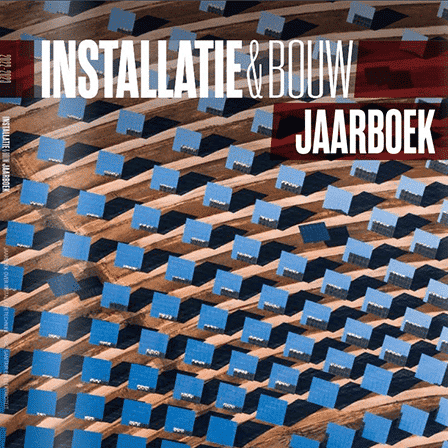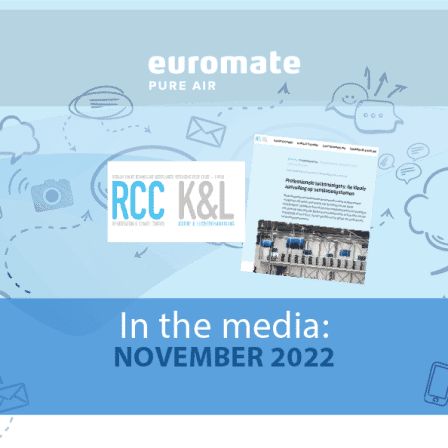Dozens of air cleaners selflessly deployed for better air quality in schools
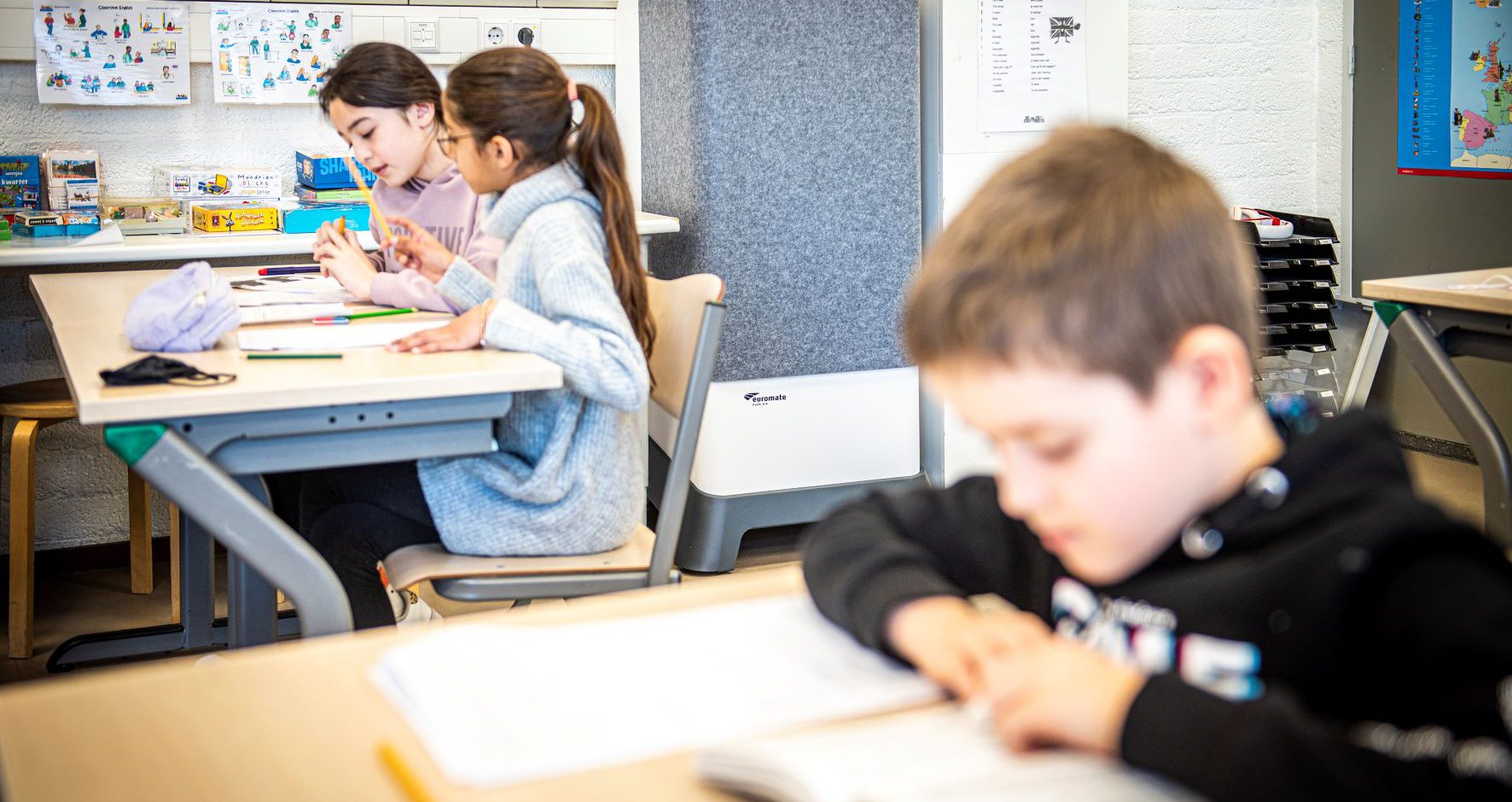
Many schools have to deal with poor ventilation, which causes a high risk of coronal infections. Adapting the ventilation facilities is not that simple, expensive and time-consuming. With the help of air cleaning, the chance of infections is considerably reduced. However, this solution is still not (fully) recognised by the government. In order to help schools anyway, the large-scale Belgian-Dutch project ‘Air purification in the classroom’ was started to provide insight into the effects of air cleaning. On Friday 28 January 2022, the Netherlands kicked off at child centre De Kiezel in Best.
Good air quality important for reducing risk of infection
The knowledge about the added value of air cleaning is present worldwide, but until recently it was not put into practice in Belgium and certainly not in the Netherlands. Various factors influence the number of infections, of which air quality is one. Good and sufficiently powerful air cleaners are able to remove up to 95 per cent of the aerosols and therefore also a lot of virus particles from the air. This means that such devices greatly reduce the risk of infection.
Air purification project initiators
A number of initiators who were convinced of the added value of air cleaning and did not want to wait any longer, took action themselves ‘bottom up’. They started a large-scale, scientifically sound project to put air purification into practice. The initiators are Prof. Dr. Bert Blocken of TU Eindhoven & KU Leuven, Prof. Dr. Marc Van Ranst of KU Leuven, and Dr. Ir. Leen Peeters, head of Adviesbureau Th!nk-E. They work selflessly together with universities, cities, municipalities, schools and companies who all want to make progress.
Largest COVID19 education project in the world
The project aims to equip 50 schools in Belgium and 50 in the Netherlands with air cleaners, 5 classrooms per school with and 5 classrooms without, all with aerosol meters. The school management is asked to keep track of whether pupils and teachers become infected or not. During the study, the extent to which the devices succeed in removing aerosols – small water droplets – from the air and the extent to which the virus load in the air is reduced will be measured at the same time. A total of 1,000 classrooms are involved, making it the largest COVID19 education project in the world. The project lasts until 1 June 2022. There are no costs for the schools to participate.
Certified air cleaners
Only high-quality, safe air cleaners are used for the study, with the appropriate test reports from independent European bodies. Since the outbreak of the coronas pandemic, there have been many new suppliers selling imported air cleaners of dubious quality. These devices provide false safety and in the long run can endanger the health of school children. The air cleaners of Euromate meet the high quality requirements. Our devices are designed and assembled from the head office in Breda, using European components. Euromate is one of the largest partners in the project and selflessly makes dozens of air cleaners available.
Background of the project
The project ‘air purification in the classroom’ started in Belgium, where the government and public organisations have already embraced ventilation and air cleaning more than in the Netherlands. In Flanders, 50 candidate schools applied at record speed. There is now a substantial waiting list. Because of the link with the Netherlands through the appointment of Professor Bert Blocken at TU Eindhoven, the roll-out and success of the project in our country is at least as important. Therefore, 50 schools in the Netherlands have also been given the opportunity to participate.
Practical implementation
In Belgium, the air cleaners have already been installed in the first participating school. In the Netherlands, child centre De Kiezel of Marjolein van Lieshout was the pioneer. On Friday 28 January 2022, various classrooms at this location in Best were equipped with Euromate air cleaners.
